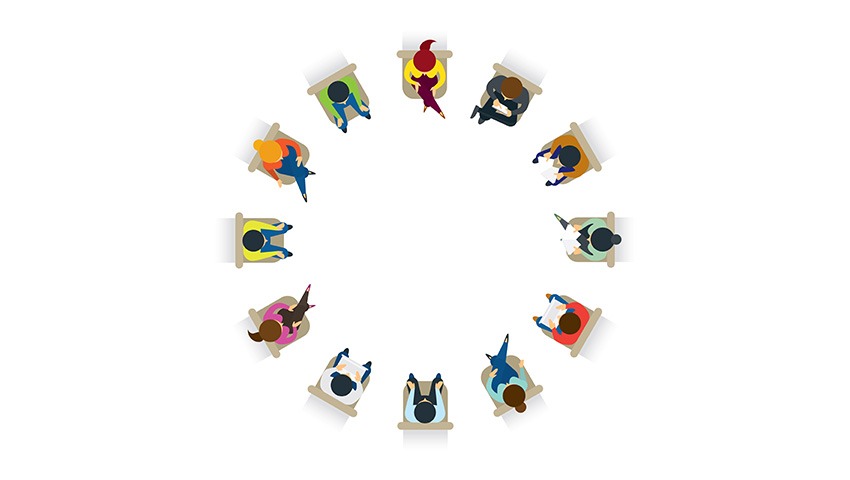Editor’s Note: In this series, “Five Things Meeting Planners Can Learn,” we explore ways in which meeting planners can glean tips, ideas, notions, planning options and more from the world and our culture at large.
If you’ve been alive on the planet for the past 20 years or more, you’ve encountered a self-help meeting of one kind or another. Most famously utilized by 12-Step programs, self-help groups populate church basements, Shriner’s halls, community centers and more—bending and stretching space to accommodate the seekers within and offering coffee and donuts and handshakes and hugs along with life wisdom.
Here are five things meetings planners can learn from 12-step programs and other self-help groups.
1. The space is secondary to the people inside it.
Yes, it’s great to stay at a five-star property with luxury amenities but if you find yourself faced with less-than-stellar options for a given meeting, remember this truth. What goes on in the meeting and for the people inside it can transform meeting goers’ perceptions of their surroundings.
2. Warm the soul by nourishing the body.
One great truth of 12-step programs is to not to get too hungry, angry, lonely or tired. Make sure this doesn’t happen by building in generous break out/snack and refueling times and organizing them near meeting spaces. Offer hotel block options at large properties with shuttles to rooms that are far from meeting spaces so participants can get needed equipment or personal care items or just have a quiet solo break and be back in time for the next event.
Have more seating on hand than you think you need. A common issue in large conference and convention centers is dry air. Organize humidifiers or air misters if needed. For those who need accommodation cuisine, deliver food promptly during meal times, not at the end of the break.
Read More: Bon Accomodation! Food Cuisine Trends
3. Be careful with cross talk.
Self-help programs encourage sharing by speaking to the group at large rather than cross-talking to other participants. This keeps meetings civil and community-minded. If participants disagree with each other in comment time, encourage them to speak to the group not directly to each other. Chat apps can help attendees easily join in the larger discussion.
4. Break down large ideas into small, personal issues.
Meetings with global agendas can sometimes try to take on topics that are so broad they become vague and unfocused. Self-help programs have succeeded in helping participants break down big goals into small, one-day-at-a-time micro-issues. When organizing talks or agendas, think small and personal rather than over-arching and encompassing.
5. Find time to commune in a circle.
The famous “keep coming back; it works” circle of 12-step programs happens at the end of the meeting and often entails a short hand-holding and affirmation. It may seem corny but there is something in the human psyche that yearns for the company of fellow beings formed in a circle; it gives closure, communion and connection and is a great way to end a session.




